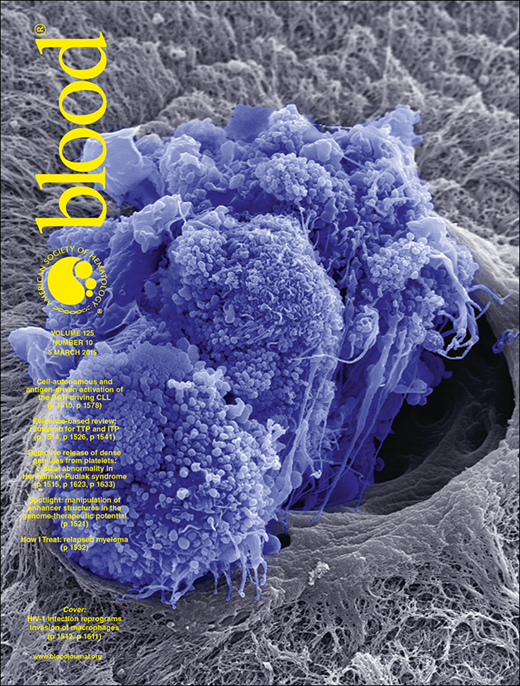- Joined
- Sep 30, 2003
- Messages
- 2,491
- Reaction score
- 129
Had a weird case about a month ago, curious to see what others would do, and differential diagnosis, investigative workup etc. Identifying details have been changed to protect confidentiality. I will start the post with all the details when I took over her care. I can post the autopsy results at the end.
This was a 77 year old woman, admitted with acute abdominal pain. PMHx of hypertension and gout, appy/chole. Living independently, married, non smoker, reasonably healthy lady. CT scan of her abdomen showed some mural thickening and possible inflammatory/infectious changes in 25 cm of the small bowel. Clinically had peritonitis too. Went to the OR for an ex lap and ran the bowel which apparently looked fine, and just had some adhesions that were lysed. She's now post-op day 2, starting to eat a little bit, abdominal pain has resolved, starting to mobilize etc. However she was nauseated and vomited in the morning. She was on room air at that time with no issues.
In the evening she acutely drops her sats to the 70s coming up to the mid 80s on a non-rebreather. EKG shows a new right bundle branch block. Before I got there her sats recovered to the 90s and the surgeon decided to send for CT which is negative for PE but shows bibasilar airspace disease. Abdomen which shows improvement in the prior ischemic changes and no other new findings. When I see her she's now on high flow nasal O2 on 60% fio2, sats are 98, BP 130s, feeling much better, though still tachycardic in the 120s and probably too sick for the wards so I brought her to the ICU for closer monitoring (our stepdown unit was closed at the time). I figured she just aspirated and probably would recover quickly over the next 24hrs or so.
Shortly after arrival to the ICU she has a generalized tonic clonic seizure, and is now post-ictal. I decide to intubate her to protect her airway and send for a CT head which shows nothing acute. However she then very quickly ends up on very high doses of levophed to maintain a MAP of 65. She is anuric, cold, mottled and lactate is climbing.
This was a 77 year old woman, admitted with acute abdominal pain. PMHx of hypertension and gout, appy/chole. Living independently, married, non smoker, reasonably healthy lady. CT scan of her abdomen showed some mural thickening and possible inflammatory/infectious changes in 25 cm of the small bowel. Clinically had peritonitis too. Went to the OR for an ex lap and ran the bowel which apparently looked fine, and just had some adhesions that were lysed. She's now post-op day 2, starting to eat a little bit, abdominal pain has resolved, starting to mobilize etc. However she was nauseated and vomited in the morning. She was on room air at that time with no issues.
In the evening she acutely drops her sats to the 70s coming up to the mid 80s on a non-rebreather. EKG shows a new right bundle branch block. Before I got there her sats recovered to the 90s and the surgeon decided to send for CT which is negative for PE but shows bibasilar airspace disease. Abdomen which shows improvement in the prior ischemic changes and no other new findings. When I see her she's now on high flow nasal O2 on 60% fio2, sats are 98, BP 130s, feeling much better, though still tachycardic in the 120s and probably too sick for the wards so I brought her to the ICU for closer monitoring (our stepdown unit was closed at the time). I figured she just aspirated and probably would recover quickly over the next 24hrs or so.
Shortly after arrival to the ICU she has a generalized tonic clonic seizure, and is now post-ictal. I decide to intubate her to protect her airway and send for a CT head which shows nothing acute. However she then very quickly ends up on very high doses of levophed to maintain a MAP of 65. She is anuric, cold, mottled and lactate is climbing.

